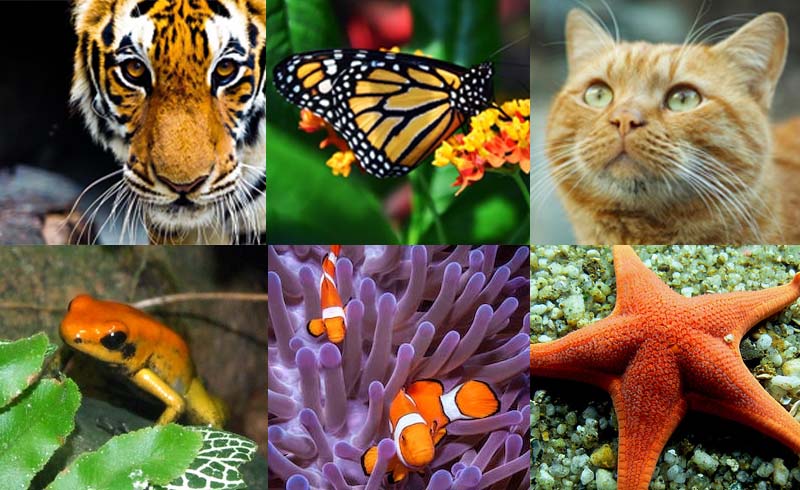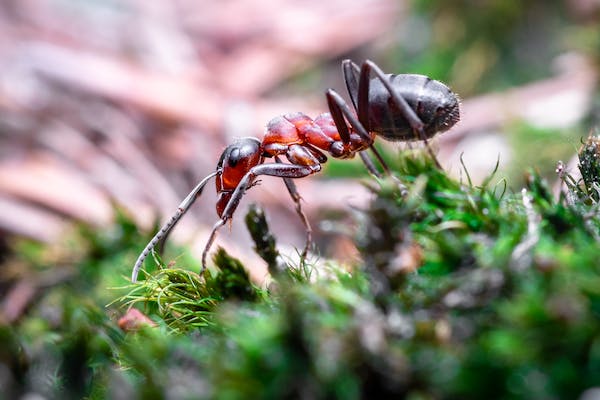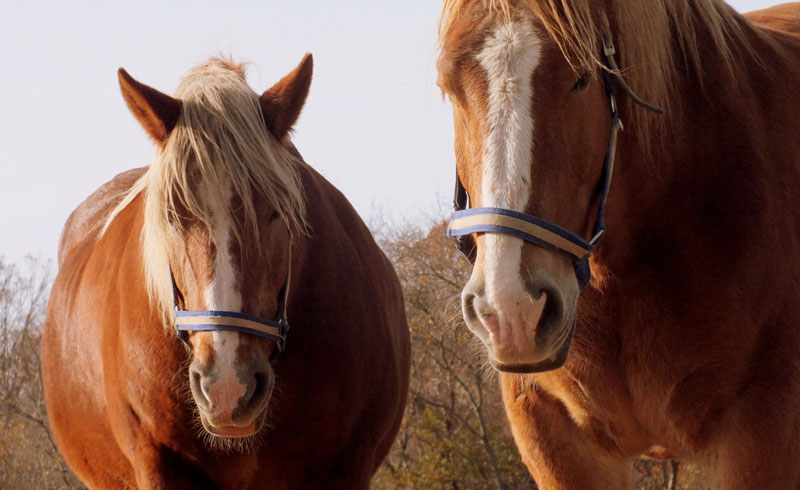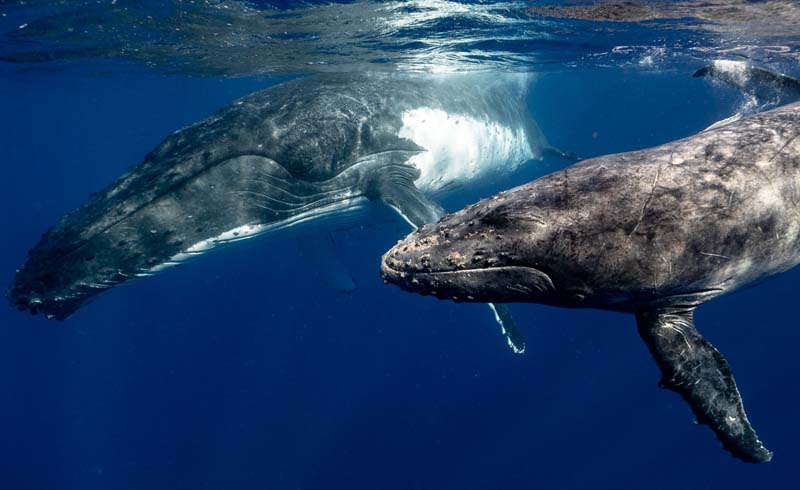Chihuahuas are incredibly fun and incredibly small dogs, and like most dogs they can live with you and your family for a decade or longer. The average lifespan of a Chihuahua lies between 15 and 20 years of age, which is significantly higher than the average 10 to 13 years that is typical of larger canine breeds. Of course, this isn’t to say that every Chihuahua is guaranteed to live for this long. A lot of factors come into play to determine the length of any animal’s life.
Some of these factors are dependent upon the dog’s owner, like how their dietary needs are met. Others can be outside of the owner’s control, such as the development of a disease or cancer. 15 to 20 years is simply a very basic rule of thumb to follow.
When it comes to your own loveable Chihuahua, the most that any owner can do is make sure their needs are taken care of and bring them to the vet if anything seems wrong. If nature doesn’t take a different course, a loving and caring owner can have their Chihuahua in their life for twenty years-or sometimes even longer!
Help your Chihuahua Live its Best and Longest Life
As with any other animal that you might bring into your home, there is a slew of factors that can impact how long they live for. Of course, there are some things (like disease or cancer) that are entirely out of the dog owner’s hands, but you should know that there is a lot that you can do to make your dear Chihuahua live its life to its very fullest in terms of both quantity and quality.
Get them Working out
Inactivity and obesity can lead your chihuahua’s health down an unfortunate path. But through simple and regular exercising, you can banish these concerns and boost your beloved pet’s health!
Not only does exercise keep them fit, but it will also improve blood circulation and give them a proper outlet to burn off excess energy.
Keep them Safe
Because Chihuahuas are so small, they are very vulnerable to damage caused by physical trauma. Sometimes people don’t see them underfoot, or they might be attacked by a larger animal.
Make sure that your Chihuahua is on a leash whenever out of the house with you, and do your best to be vigilant in keeping it out of harm’s way.
Don’t Forget Those Teeth
Chihuahuas are very susceptible to dental problems that can cause infections and pain. Talk to your vet about specific products, food and other habits that you can get into in order to help your Chihuahua’s mouth stay healthy.
What Factors can Shorten a Chihuahua’s Life?
Anybody who has ever owned or cared for a Chihuahua or any dog knows that there are certain standards that must be achieved in terms of diet and general care. There are also some prominent health risks that can be closely associated with one particular species, or family of species. This is true of Chihuahuas as well.
Obesity
It can be hard to keep your pup’s pudgy belly from becoming a case of actual obesity, especially when that dog is as small as a Chihuahua is. Cardiovascular disease and diabetes can come about as a result of obesity, which can drastically decrease the length of time that you’ll have your Chihuahua with you.
Lack of Vaccinations
Chihuahuas need to be vaccinated and provided with boosters for a number of ailments, including the often-lethal parvovirus. They should also be vaccinated against other diseases like rabies, distemper, canine influenza and kennel cough. It isn’t enough to get your Chihuahua vaccinated only once. Their owner or caregiver should keep the dog up-to-date on any boosters that they will need to maintain the vaccines’ effectiveness.
Waiting too Long to Spay or Neuter
In male Chihuahuas you can curb their risk of testicular and prostate cancers by having your dog fixed by the time they are one year old. In females, it is advised that you spay them before their first heat (when they become receptive to mating) to aid in preventing uterine and ovarian cancers. Chihuahuas of both sexes live longer when they are spayed or neutered in a timely fashion.
Inactivity
Like all dogs, Chihuahuas need a certain level of activity to stay healthy and happy. Daily exercise will keep them fit, prevent boredom and boost their immune systems so that they can better fight against disease.
Genetics
In the case of Chihuahuas obtained from a breeder it is easy to acquaint yourself with your new dog’s parental lineage. If one or both of its parents have experienced genetic disease, for example, that does mean that there is an increased likelihood that their pups will carry those same risks.
When we adopt a dog from somewhere other than a breeder, it can be impossible to figure out any kind of comprehensive family health history.
A Loyal Friend
Sometimes, the passing of a dog is not preventable. Unexpected health crisis and accidents can happen any time, no matter how old or young the pup is. However, if you actively make sure that certain levels of care are met in the raising of your Chihuahua, you could have a loyal friend by your side for twenty years or even longer.






